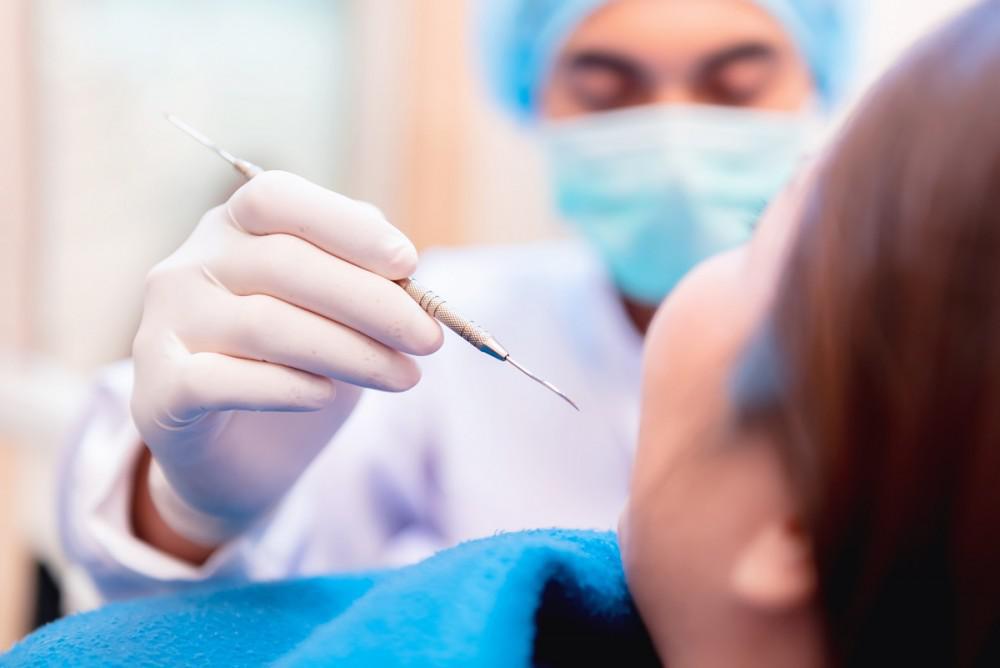
28
Feb
What Are Dental Crowns?

Over time, teeth can be damaged. Tooth decay, injuries, or just age-related wear and tear are all potential causes of tooth loss in children. Over time, teeth can change their shape or size. Essentially, dental crowns are tooth-shaped “caps.” Snub-fitting tooth caps are what you’ll get with this one. Damaged teeth can be repaired with the help of a crown. The visible part of your tooth is shielded from damage by a dental crown.
Why Do I Need A Dental Crown?
Dental crowns are needed for a variety of reasons, including:
- Retaining a decayed or weak tooth from breaking.
- The process of rebuilding a decayed or damaged tooth.
- Insufficient tooth structure to support the filling.
- Making a dental bridge stable and secure is no easy task.
- Using dental veneers to repair a smile
- Adding a crown to a tooth that has had a root canal.
What Are Dental Onlays And 3/4 Crowns?
Crowns for teeth are available in a wide range of styles. Two options don’t completely cover your tooth: onlays and 3/4 crowns. Allows normal eating and speaking by completely encasing your tooth. For those with healthy teeth, onlays and 3/4 crowns are viable options. It is a more conservative approach when compared to a full dental crown. After removing the damaged portion, your dentist will reshape the tooth.
Factors to Consider
- After the anesthetic wears off, a newly crowned tooth may feel achy or sensitive. Feeling hot or cold may be experienced by someone with a nerve-filled tooth crown. Use toothpaste for sensitive teeth only if your dentist recommends it. If biting down causes pain or tingling, the crown may be too high. If this is the case, contact your dentist. An easy fix is all that is required.
- Porcelain crowns can chip. When a tooth has a minor chip in its crown, it can be repaired and returned to use. The dental crown may need to be replaced if the chip is large or numerous.
- Occasionally, the crown’s cement will fall out. Bacteria can get into the tooth and cause decay because of this. If you notice that your crown is loose, contact your dentist immediately.
- Dental crowns may not be the best option for those with metal allergies. Dental crowns made of metal or porcelain can cause allergic reactions in some people. In addition, this is a rare occurrence.
- Your crowned tooth may have a dark line next to the gums. It can happen if you have a PFM crown. The metal of the crown can be seen along this dark line.
Contact your Fairfield dentist, Dr. Cheng Zhu, at Freedom Family Sedation Dentistry today for more information.
*Neither this nor any other content in this media is meant to prescribe, recommend, or prevent any treatment or procedure. We highly recommend that you get the advice of a qualified dentist
Share this Article
 Connect with Dr. Cheng Zhu on Twitter
Connect with Dr. Cheng Zhu on Twitter
Dr. Cheng Zhu - Freedom Dental
Cheng Zhu, DMD, leads Fairfield Dental and offers safe and effective services that support optimal comfort, healing, and an exceptional patient experience.Whether you need a crown, emergency care, implants, an impacted wisdom tooth extraction, or full-mouth rehabilitation, Dr. Zhu can help. A former pharmacist who can support your oral and overall health, he is one of the few dentists licensed in California to provide intravenous sedation to ease dental anxiety.
Dr. Zhu is trained and equipped to provide many advanced surgical options, eliminating the need to refer patients to other experts. Fairfield, California, patients trust the caring, compassionate, and affordable family dental care the team offers.
